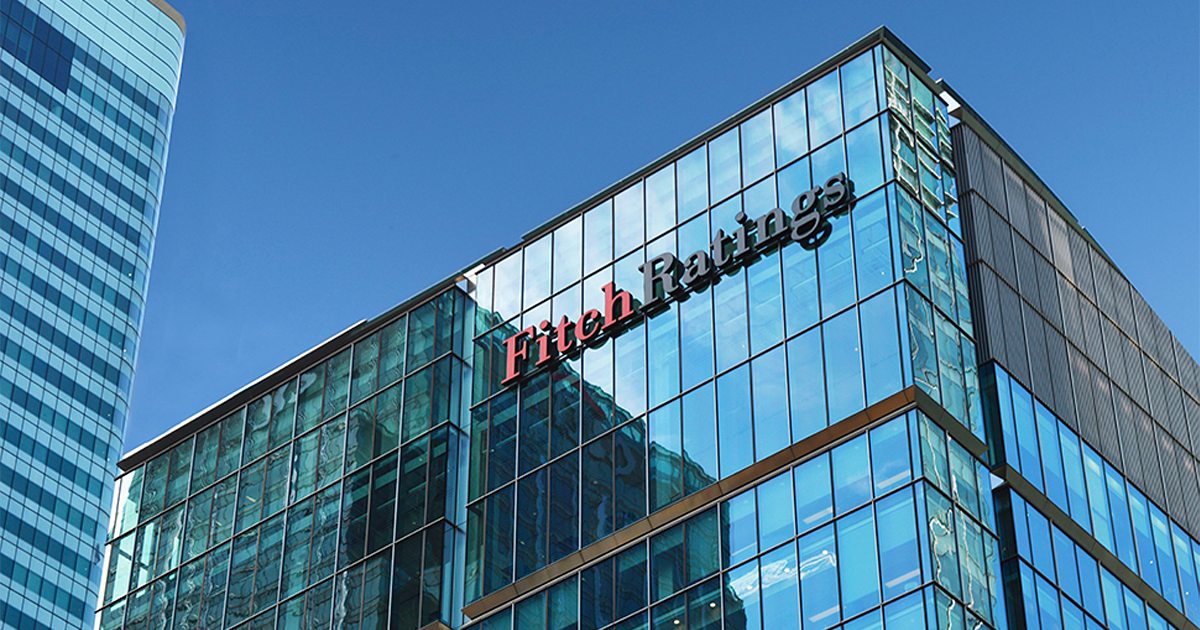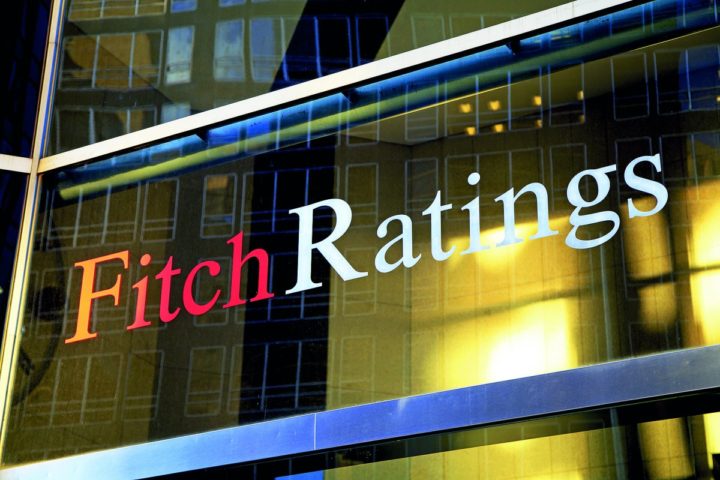International rating agency, Fitch, affirmed Cyprus’ Long-Term Foreign-Currency Issuer Default Rating (IDR) at ‘BBB’ assigning a Stable Outlook, assuming that fiscal surpluses continue despite an economic slowdown.
Furthermore, the agency revised upward its projection for economic growth this year to 2.5% from its previous estimate of 2.1% GDP.
Fitch said the general government balance would remain in surplus over the next two years, despite some balance-decreasing measures to address the cost-of-living crisis, such as adjusting the wage indexation mechanism for public sector wages from half to two-thirds of the previous year’s inflation rate.
The expected impact will amount to 0.1% of GDP this year and 0.3% of GDP in 2024.
“We expect the fiscal surplus to decline from 2.1% of GDP last year to 1.7% this year and then remain broadly unchanged at 1.8% in 2024.”
It said the risk to the public finance projections is the potential impact of the Mortgage-to-Rent scheme, a plan to assist vulnerable non-performing homeowners in retaining their homes.
However, the agency said the scheme’s conditionality implies a likely limited impact on the public finances.
Fitch said Cyprus’ public debt to GDP ratio would continue its downward path, albeit slower, following its sharp decline in 2022 to 86.5% due to the budget balance turning to a surplus and double-digit nominal GDP growth.
“We forecast a continued, albeit slower, decline of the debt ratio to 80.9% this year and 73.2% in 2024.
“This would still leave the debt ratio substantially higher than the ‘BBB’ median forecast of around 56%.”
Moreover, the agency expects Cypriot authorities “will preserve a sizeable liquid asset buffer” and regularly issue bonds to cover, at least in part, upcoming debt amortisations.
“While yields on Cypriot bonds remain high, we expect the interest burden to increase at a moderate pace and the average interest rate on debt to increase from 1.7% in 2022 to 2.1% in 2024.
“Following last year’s strong GDP expansion despite the surge in commodity prices and the war in Ukraine, economic growth will slow to 2.5% this year, up from 2.1% in our review in March, as domestic demand is constrained by rising interest rates and still high prices impact real incomes.”
The agency added that growth will accelerate to 2.8% in 2024.
It said asset quality in the Cypriot banking sector has continued to improve, with the non-performing loan (NPL) ratio declining to 9.3% in March, from 11.4% a year earlier.
The share of Stage 2 loans (loans that exhibit credit deterioration) has remained stable since the start of the year, at 12%, “implying that the risk of a large inflow of new NPLs has not yet materialised.”
According to Fitch, banking sector solvency has improved, driven by increased profitability in an environment of higher interest rates, with the common equity Tier 1 capital ratio increasing to 17.7% by end-2022, from 17.1% a year earlier.
Cyprus’ current account deficit is expected to narrow to 5.8% in 2023 following last year’s 9.1% of GDP deficit due to high imported oil prices and strong domestic demand.









